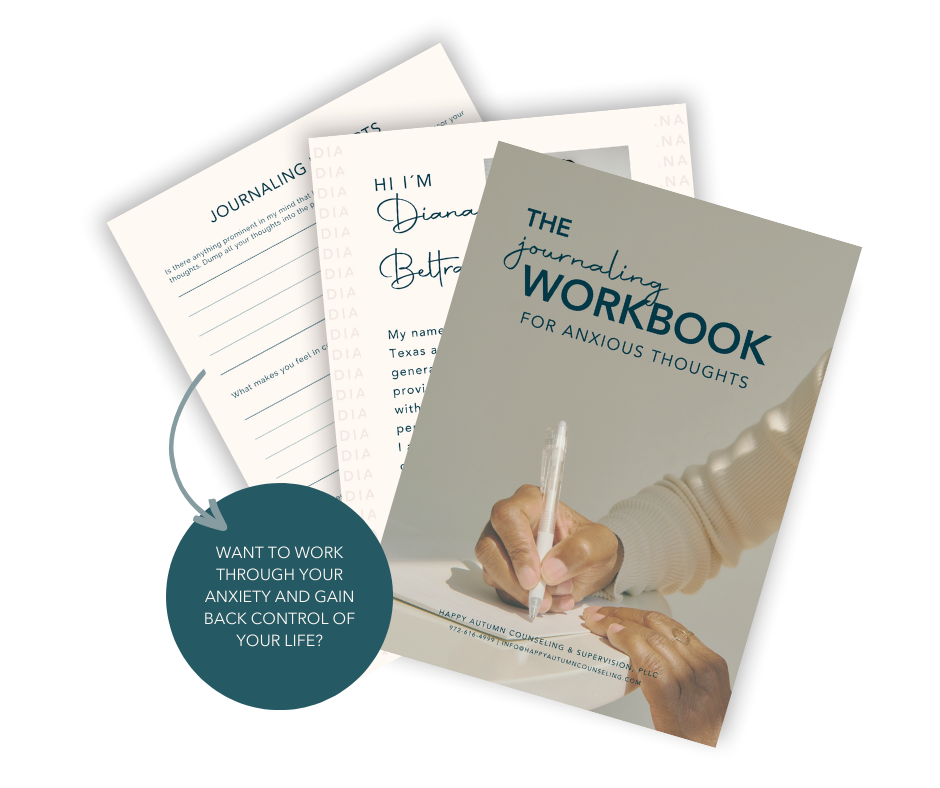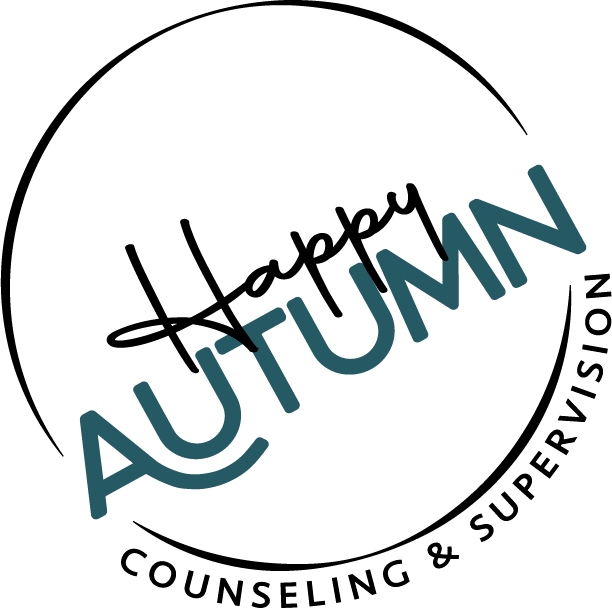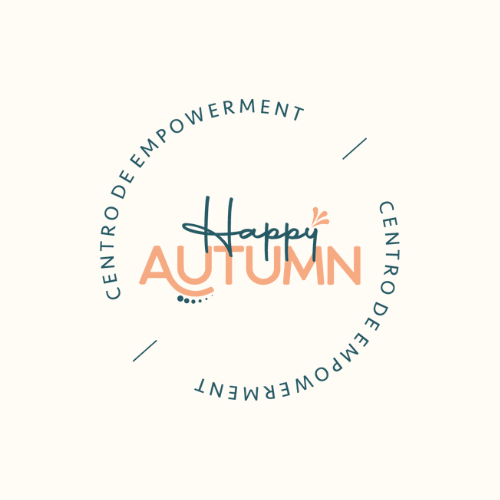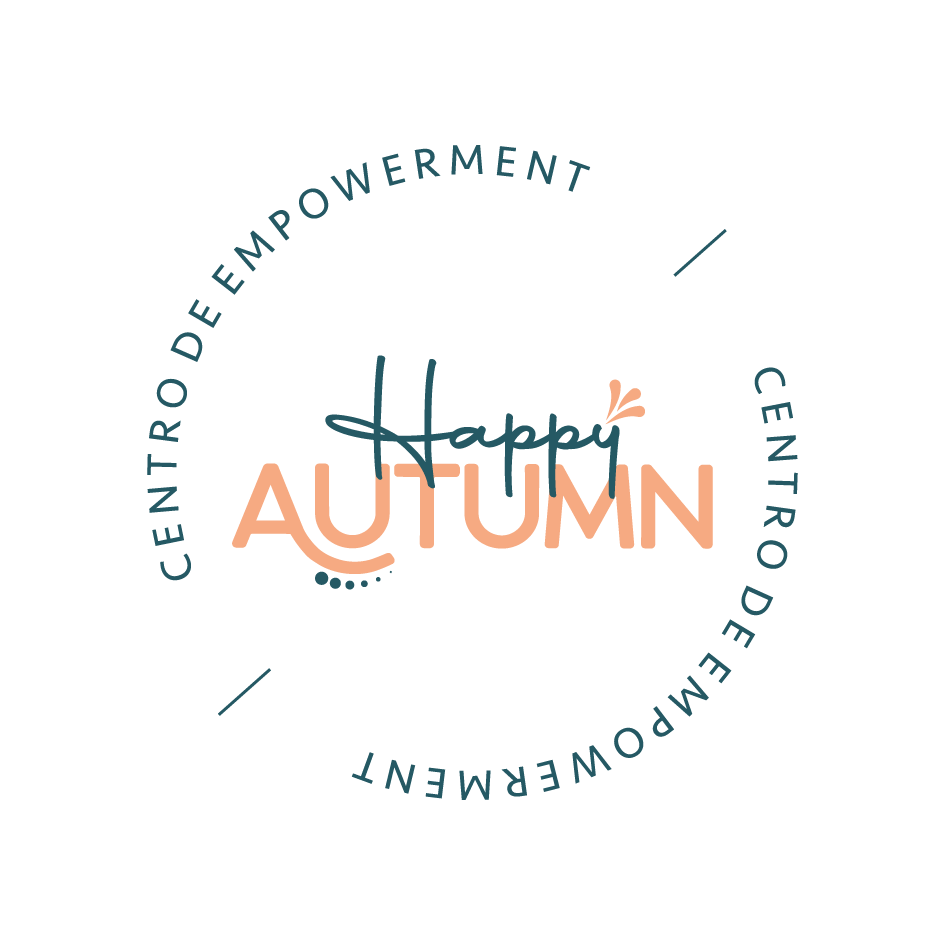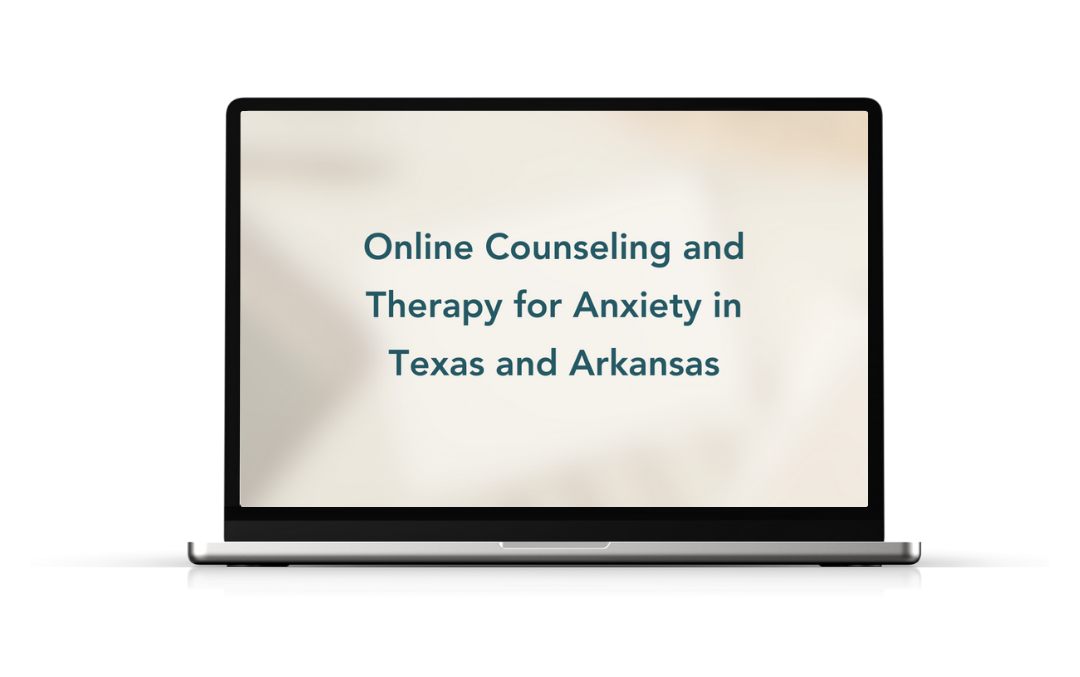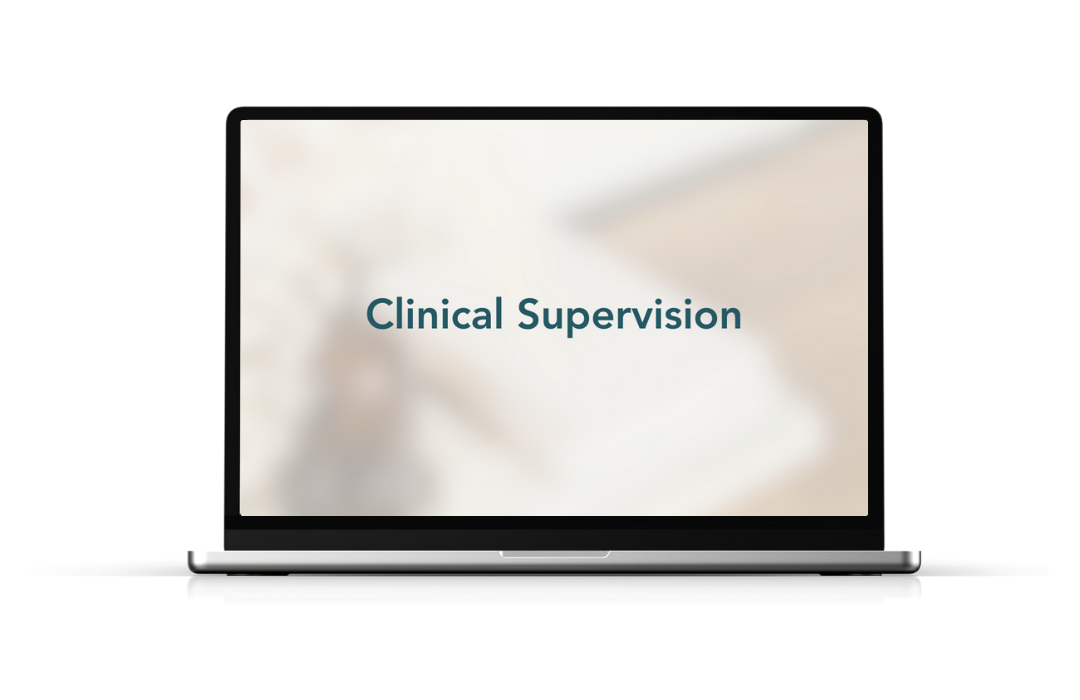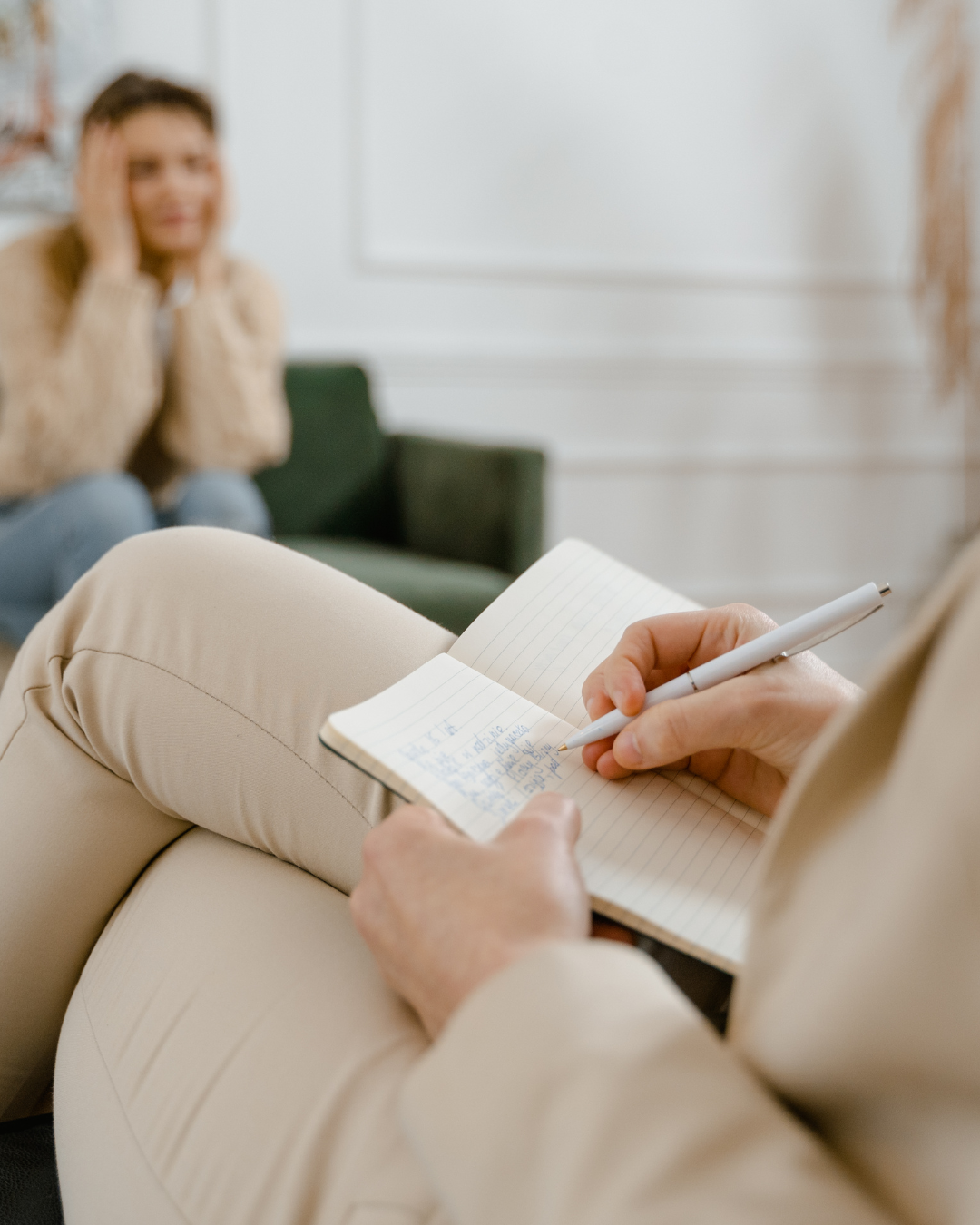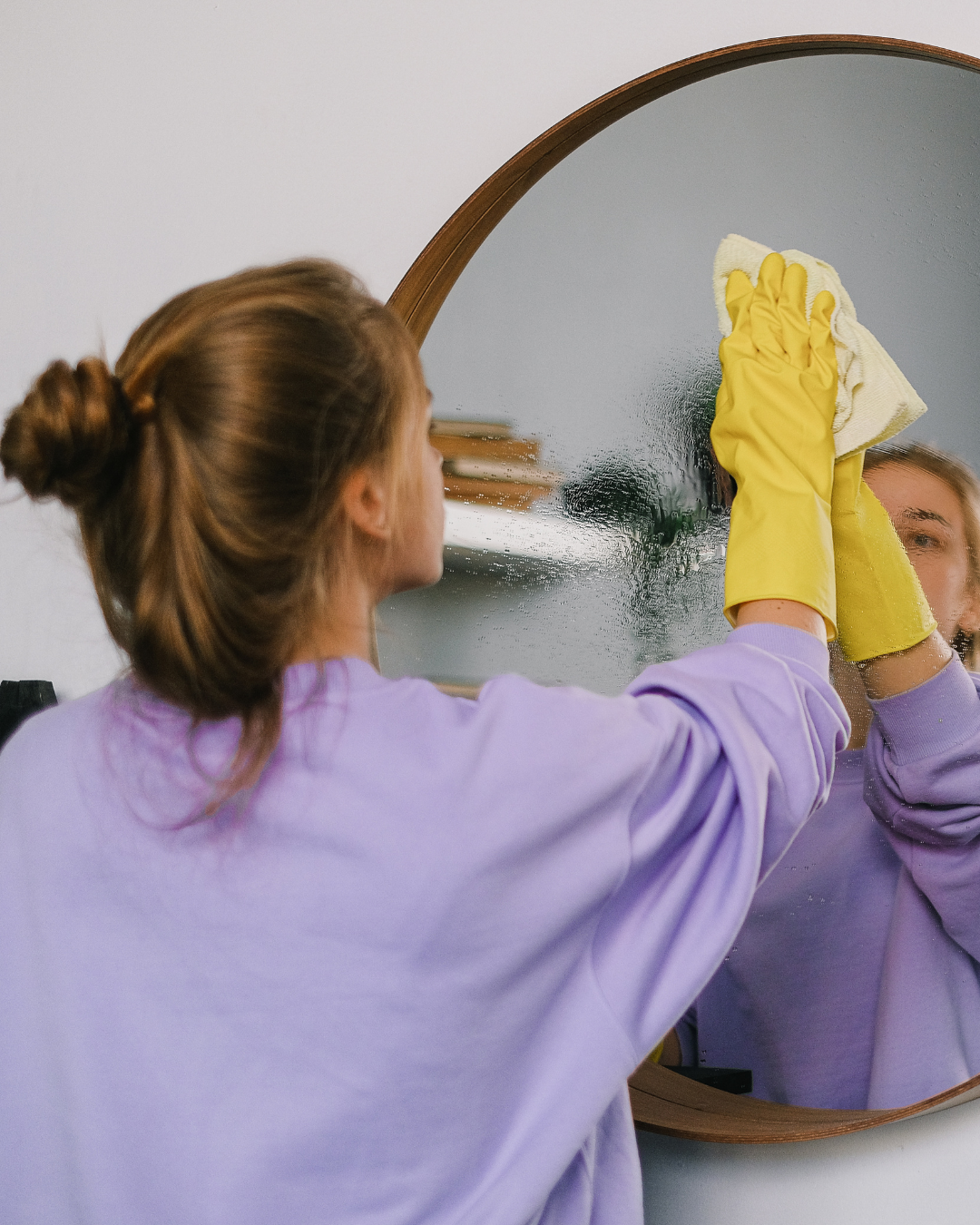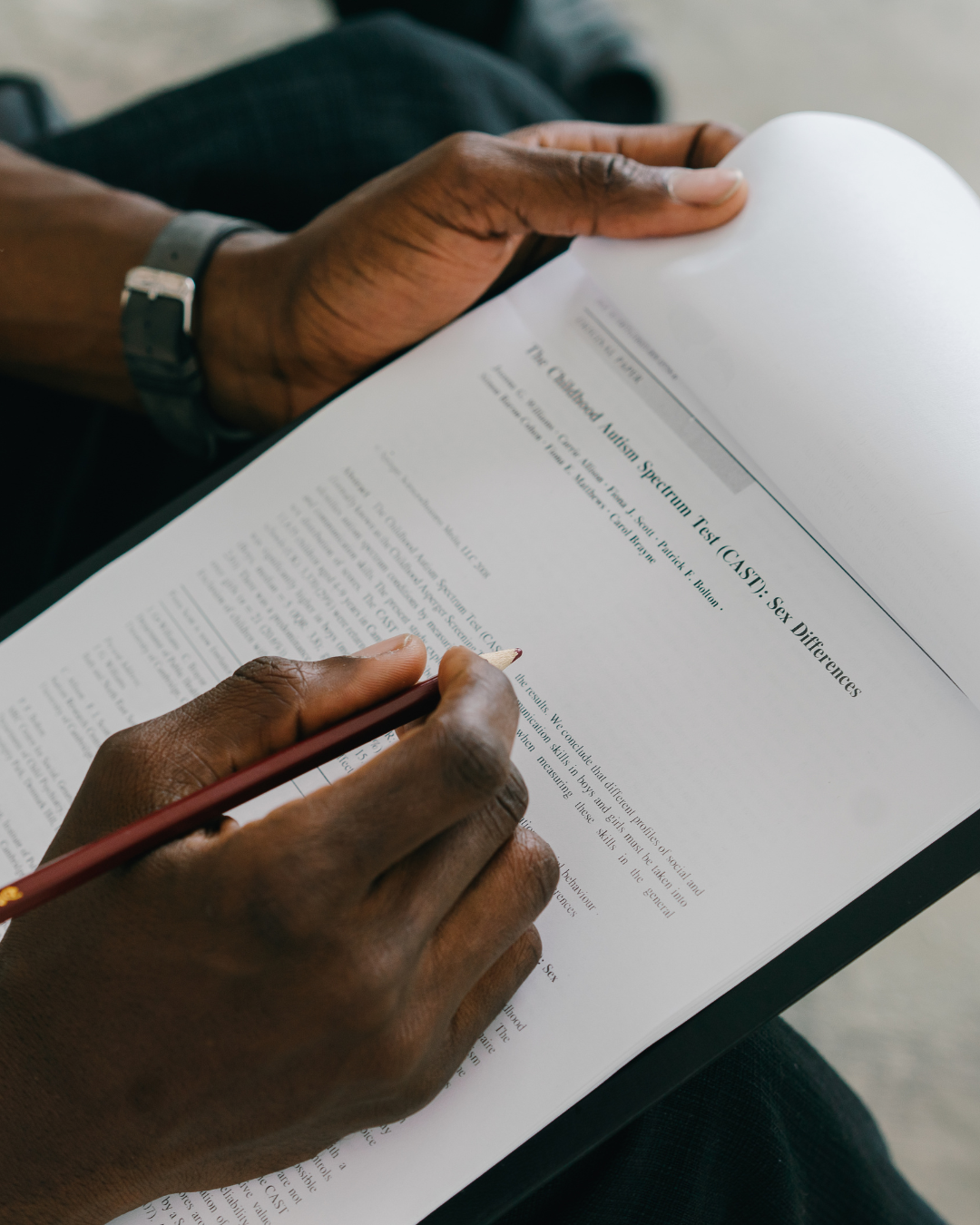How to know if you have an addiction: a guide for women seeking clarity
You’ve been wondering. Maybe not out loud. Maybe not even consciously. But somewhere in the back of your mind, there’s a quiet question that keeps resurfacing: Is this normal? Am I okay? Is this addiction?
It might’ve started with a glass of wine that helped you wind down after work. Then two. Then needing it to sleep. Or maybe it’s not alcohol—it’s the pills you hide in your bag, the vape you hit between meetings, the marijuana that helps you get through the day. Whatever it is, the relationship doesn’t feel balanced anymore.
As a woman, and especially as a first-generation Latina, you may carry the silent weight of perfectionism, high expectations, and caregiving for everyone else. So when something starts to feel out of control, you might internalize it as weakness. But it’s not. It’s a signal—one that deserves attention, not shame.
At Happy Autumn Counseling, we understand the emotional complexity behind these questions. In case we haven’t met yet, we’re Happy Autumn Counseling, a bilingual therapy practice supporting women across Texas and Arkansas. We specialize in helping first-generation Latinas and women heal from anxiety, trauma, and OCD through culturally competent, trauma-informed care that’s as compassionate as it is effective. We also provide substance abuse evaluations in Texas and therapy for addiction recovery for those seeking clarity, support, or documentation for legal or professional reasons.
Our work is centered around understanding your full story—not just the parts that hurt, but also the parts that hope. If you’re reading this, you’ve already taken a powerful first step.
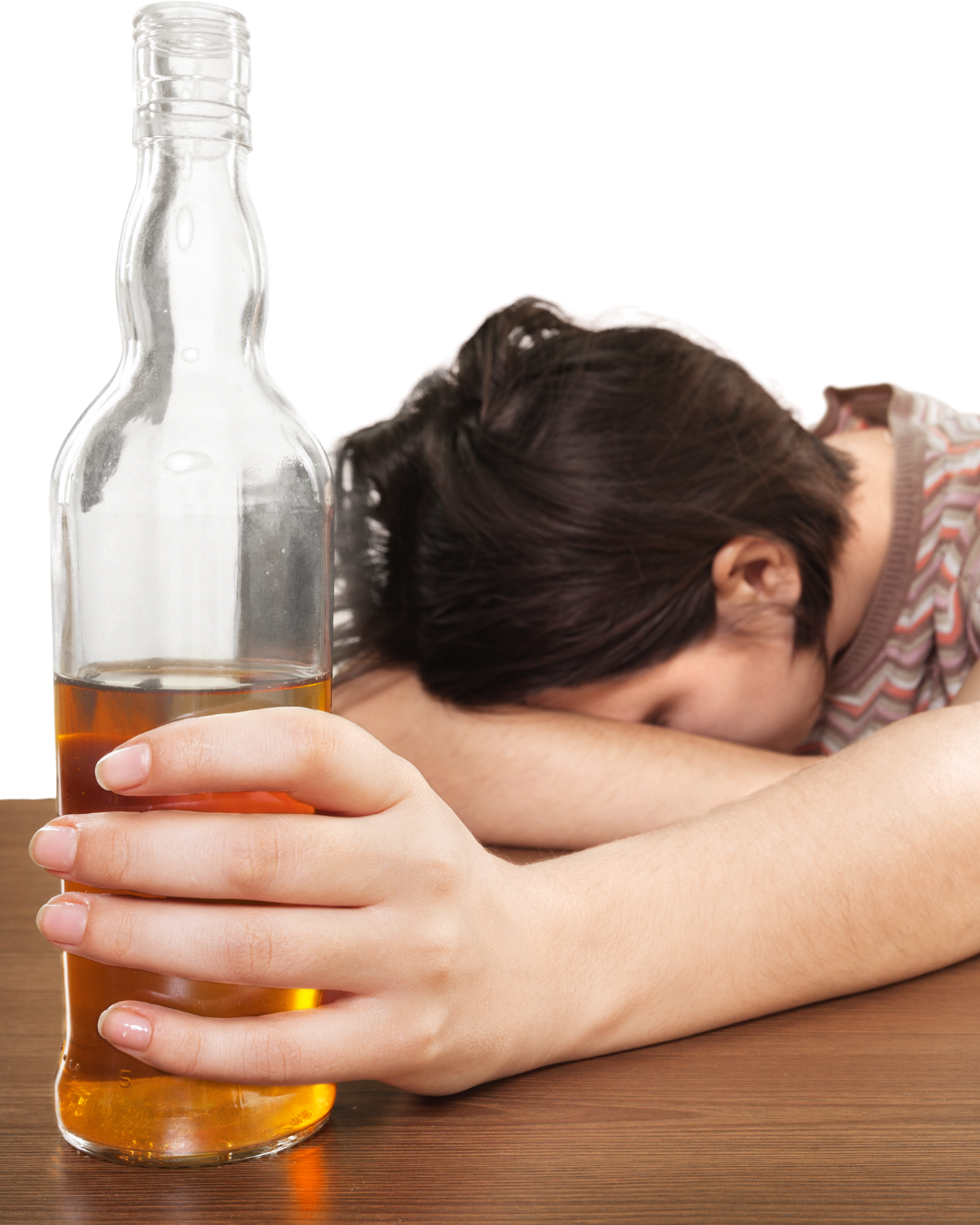
How do I know if I am addicted?
Addiction doesn’t always look like chaos. Often, it looks like managing work, parenting, and relationships—while something underneath feels misaligned. You might feel like you need that drink to get through the day. Or like life feels dull or unmanageable without the next dose, puff, or escape.
You may not feel “out of control.” But you might feel distant from yourself.
The difference between use, dependence, and addiction
- Use: Casual or social consumption without significant impact
- Dependence: Needing a substance to function or avoid discomfort
- Addiction: Repeated use despite harm to health, relationships, or responsibilities
If you feel like the line is blurry, you’re not alone. Many women spend years unsure whether their habits “count” as addiction. What matters more than labels is how your life feels.
What addiction often feels like
- You feel anxious or unsettled without the substance
- Your use is tied to emotional relief or escape
- You feel shame, secrecy, or fear around your habits
- You’ve made promises to quit—but it keeps resurfacing
These are not signs of weakness. They’re signals. And paying attention is an act of courage.
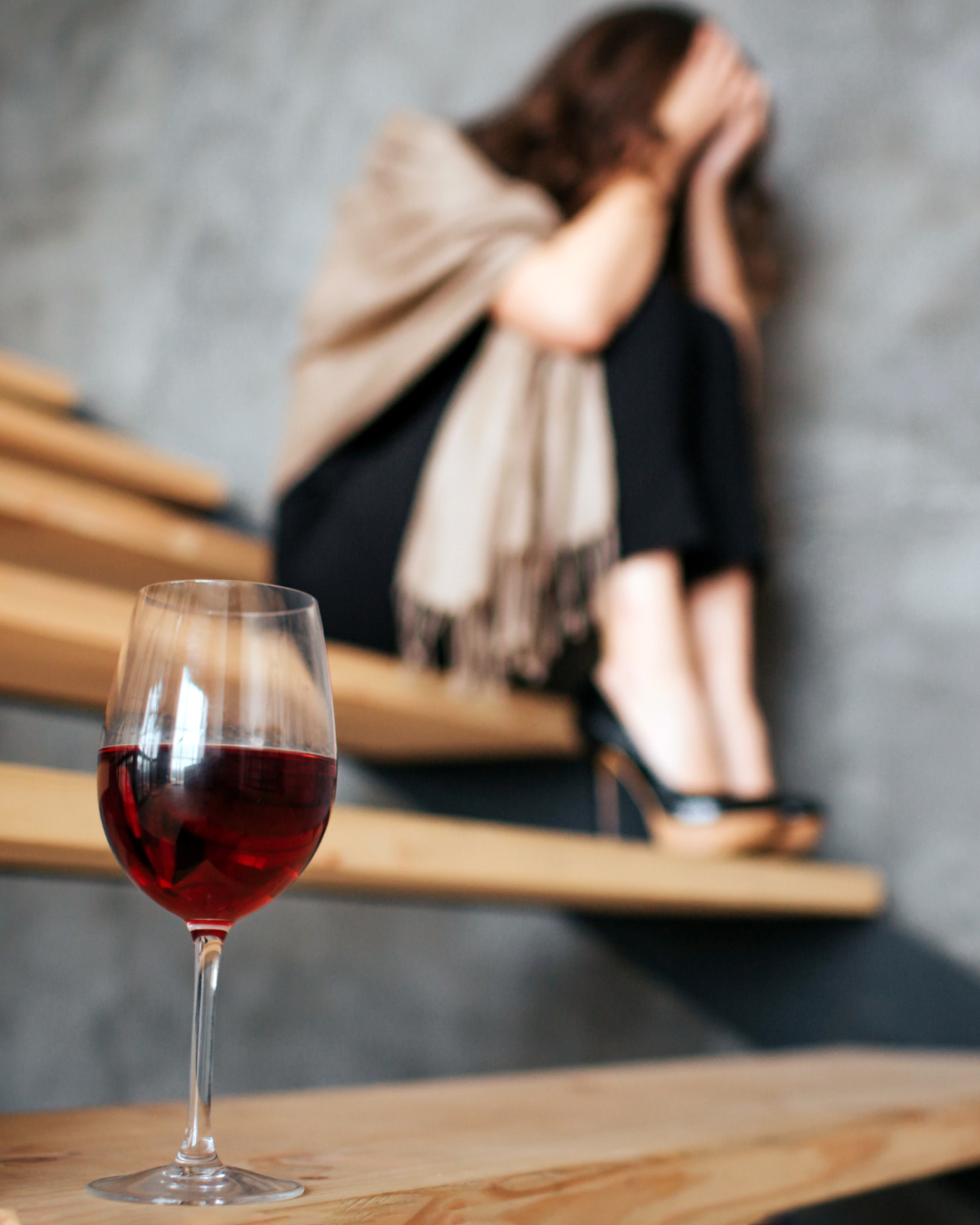
Signs of addiction that often go unnoticed
Addiction often begins in the quiet spaces: in the emotional exhaustion, the avoidance, the numbing. Before it’s visible to others, it’s usually felt inside.
Emotional and behavioral red flags
- Using to escape rather than to enjoy
- Mood swings or irritability
- Growing disconnection from relationships and interests
- Rationalizing or minimizing your use
Physical and social consequences
- Sleep disturbances, fatigue, or chronic stress symptoms
- Withdrawal from social events or conversations
- Reduced work performance or personal motivation
- Increased secrecy or isolation
If these signs resonate, you’re not alone. It’s possible to turn toward healing, one honest moment at a time.
What are the stages of addiction?
Understanding the progression of addiction can help reduce shame and increase clarity. Most people don’t realize it’s happening—until something doesn’t feel right anymore.
From experimentation to crisis
- Initiation – First use (often social or experimental)
- Experimentation – Continued casual use
- Regular use – Establishing a pattern or routine
- Risky use – Beginning to see consequences
- Dependence – Physical or emotional reliance
- Addiction – Inability to stop despite harm
- Deterioration – Escalating loss of control or consequences
Why early awareness matters
You don’t have to wait until “rock bottom.” The earlier you recognize a pattern, the more options you have for compassionate, sustainable support.

Why addiction develops in the first place
Addiction is often a solution before it becomes a problem. Substances can temporarily ease pain, anxiety, trauma, or loneliness.
The role of trauma and coping
If you’ve experienced chronic stress, grief, abuse, or emotional disconnection, you may have used substances to soothe what felt unmanageable. In therapy, we explore what your addiction was trying to protect—not to blame, but to understand.
Cultural and emotional layers
For first-gen women, the pressure to succeed, be strong, or stay silent can be immense. Addiction may form in the quiet spaces where support was never offered or modeled. Healing means rewriting those stories with truth and gentleness.
Can addiction be cured—or managed?
Recovery isn’t about fixing you—it’s about reconnecting you with your power. Addiction may not have a magic cure, but it can be managed with tools that bring you back to yourself.
What recovery really looks like
Recovery is presence. It’s permission. It’s learning to sit with discomfort instead of running from it—and discovering that you’re capable of more than survival.
What therapy helps you rebuild
- Safer coping strategies that actually work
- Boundaries that feel empowering, not rigid
- Daily routines that feel supportive, not draining
- A stronger connection to your emotions and values
Therapy isn’t about telling you what to do—it’s about walking beside you as you discover what feels right.
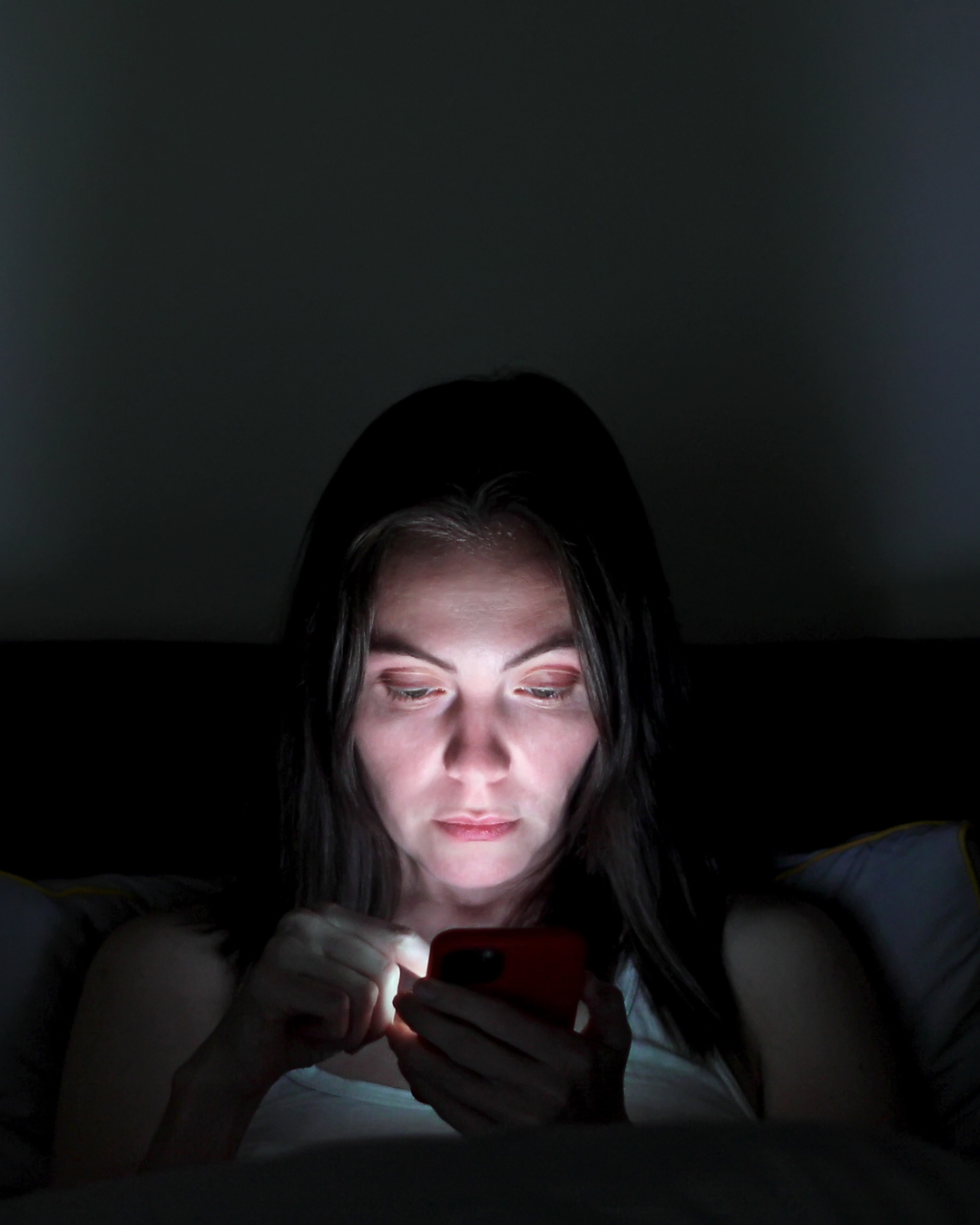
When to seek professional help
You don’t need a crisis to deserve care. If something doesn’t feel right—if you’re reading this and wondering—that’s enough.
What therapy actually feels like
Therapy for addiction is not a lecture. It’s not shame-based. It’s a space to exhale, unpack your story, and choose something new. Our substance abuse evaluations are designed to meet you gently, whether you’re looking for clarity, documentation, or a starting point.

How to find a compassionate addiction therapist near you
At Happy Autumn Counseling, we offer online therapy for substance abuse across Texas, with bilingual therapists who understand the cultural and emotional weight of this journey.
If you’ve been wondering, “how do I know if I have an addiction?”—we invite you to explore your questions with kindness. You are allowed to choose a different path. You don’t need to be certain. You just need to begin.
Schedule your consultation today and take the first step toward healing that feels like home.
*AI Disclosure: This content may contain sections generated with AI with the purpose of providing you with condensed helpful and relevant content, however all personal opinions are 100% human made as well as the blog post structure, outline and key takeaways.
*Blog Disclaimer: Please note that reading our blog does not replace any mental health therapy or medical advice.
The content shared on this blog is for informational and educational purposes only and does not constitute therapeutic advice or a substitute for professional mental health services. Reading this blog does not establish a therapist-client relationship. If you are in need of mental health support, please seek help from a licensed professional in your area.

Hello! you
Welcome to Happy Autumn Counseling.
We are a virtual group practice of bilingual therapists passionate about supporting you through life’s challenges. Whether you’re dealing with anxiety, trauma, OCD, substance abuse, or any mental health issue, our goal is to help you regain control, tackle stress, and empower you to thrive.
Grab my free journaling workbook
